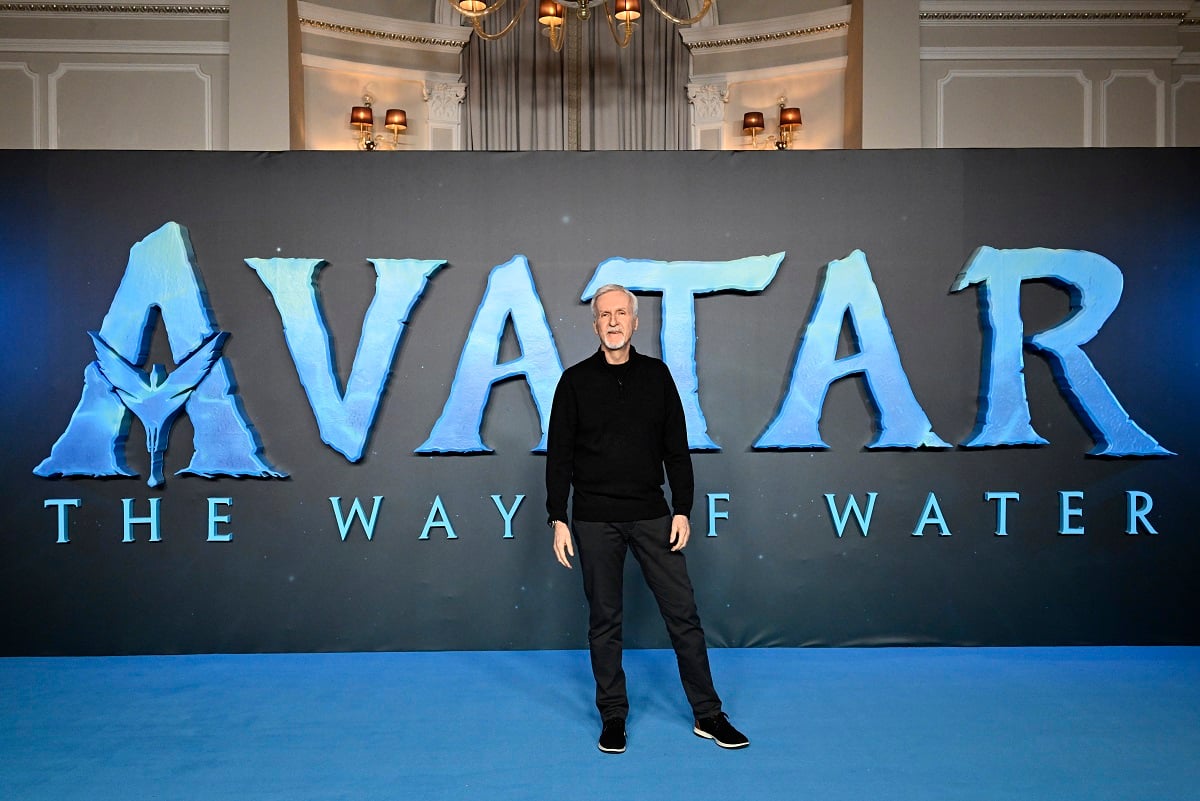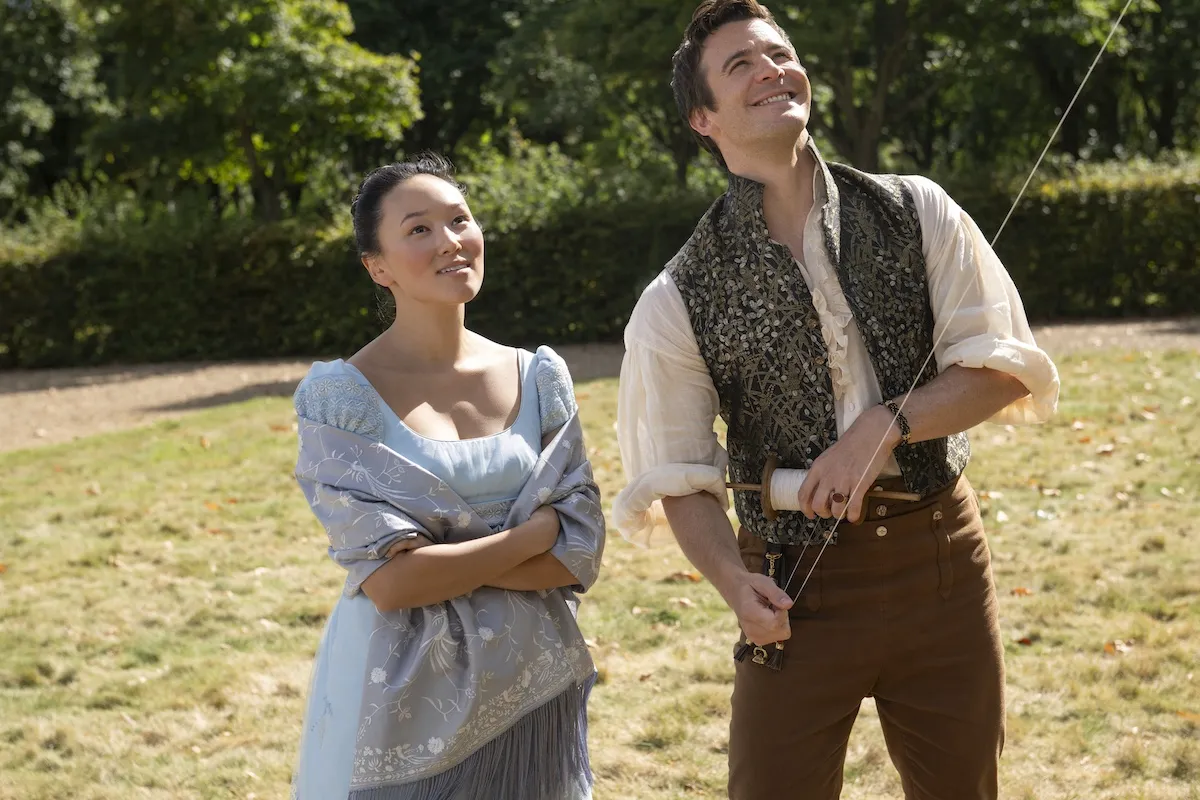
James Cameron Once Told the Studio He Couldn’t Direct ‘Avatar’ if They Toned Down His Film
James Cameron’s movies often contain messages relevant to real-life issues, and Avatar was no exception. But the studio wondered if Cameron could tone down the message in the feature. It was an inquiry that Cameron didn’t appreciate.
James Cameron wanted to instill moral outrage with ‘Avatar’

Cameron’s advocacy towards protecting Earth’s climate was one of his main motivators for making Avatar. It was a passion he believed that a lot of people might not have shared. This was despite the fact that many might have already been aware of the potential dangers facing the planet.
“We’ve all gotten the facts. Whether it’s from inconvenient truth, or reading any magazine or book on the subject,” Cameron once told MTV News. “We kind of know what’s going on, and we live in denial about it. And denial is a mental response based on fear. Fear of change, fear of the sacrifices that we’re gonna have to make. And denial sort of based on, well, business as usual has worked this far.”
Cameron didn’t want audiences just to have a good time at the movies with Avatar. He wanted fans to take away the environmental themes that were at the core of the movie. The director hoped his feature would further inspire moviegoers to take more action towards preserving the Earth.
“So, you have to fight an emotional response with an emotional response. So, if you’re tuned in to what’s happening in Avatar you start to feel a sense of moral outrage when you see the tree fall and the compassionate response for these people. Then you feel a sense of uplift at the end as good vanquishes evil and so on,” he said. “And so if you put those two things together, it actually creates a kind of ripe emotional matrix for people to want to do something about it.”
James Cameron once shared the studio wanted to tone down the message in ‘Avatar’
Avatar and its success was met with a little push back after its release. Certain political groups were against the messages the $2 billion dollar movie was spreading. But Cameron lost little sleep over his detractors’ opinion of the movie. He even found their response to the film a bit gratifying.
“Let me put it this way,” Cameron once told the LA Times. “I’m happy to piss those guys off. I don’t agree with their world view.”
It was reported that some felt the conflict in Avatar conveyed anti-American themes. It was a sentiment that he found amusing, and believed the war sequences in his movie were more pro-nature than anything else.
“I think there’s something amazingly satisfying when the hammerheads come out of the forest and start mowing down all the bad security enforcers,” he said. “Nature gets to fight back. It’s ‘Death Wish’ for environmentalists. When did nature ever get to fight back in a movie?”
But even his own studio had reservations about the message Avatar was perpetuating. When they inquired Cameron about toning down some of the film’s commentary, Cameron was prepared to leave the film.
“‘We really like the story. It’s great,'” Cameron recalled the studio telling him. “‘But, well, is there a way to not have so much of this tree-hugging, Ferngully stuff in it?’ I said, ‘Not with me making it,’ because that was my purpose in making the film. I wanted to make an environmentally conscious mainstream movie. And to be fair to 20th Century Fox, any of the other studios would have said the same thing.”
James Cameron hopes audiences take away the same message from the ‘Avatar’ sequels
Cameron’s mission to raise environmental awareness through films will continue with the sequels to the original Avatar film. With the second Avatar movie, Way of the Water, about to hit theaters, Cameron expects audiences to see themselves in the film’s aliens.
“The movie asks you to feel something for nature… It’s about maybe feeling a sense of outrage,” Cameron told France 24. “These Navi characters… they don’t look like us, they’re blue, they’ve got the ears and tails. But they represent the better angels of our nature.”


